The Gandhi of the loincloth and the walking stick seems an unlikely advocate of postmodernism. In eight seminal essays, Lloyd and Susanne Rudolph argue against equating Gandhi with traditionalism and for reading him as a postmodern thinker. In the first chapter, the Rudolphs contend that Gandhi’s critique of ‘modern civilization’ in his 1909 book, Hind Swaraj was an opening salvo of the postmodern era. His autobiography, The story of My Experiments with Truth, and his theory and practice of non-violent collective action, satyagraha, articulate and exemplify a postmodern situational understanding of truth. The authors show how in London the Young Gandhi was shaped by the anti-modern ‘other west’ of Ruskin and Tolstoy and how a generation later, the mature Gandhi shaped the ‘Small is Beautiful’ other west that challenged modernity’s hegemony. In succeeding chapters, the volume shows how Gandhi’s Ashrams and Satyagrahas democratized Habermas’ bourgeois ‘public sphere’; how Gandhi’s meaning in America was contested by narratives of him as an anti-imperialist, a guru, a Mahatma, or even a fraud; and how Gandhi restored Indian self-esteem and national identity by showing them that it is more courageous to be non-violent than violent. Gandhi was a practitioner and an activist as well as a theorist; as Marx famously put it about himself, Gandhi meant to change the world as well as interpret it, and he did. This volume will appeal to those who would like to understand Gandhi’s continued relevance for the 21 century and to students and scholars of history, politics, charismatic leadership, colonialism, and post-colonialism.
Romanticism’s Child: An Intellectual History of James Tod’s Influence on Indian History and Historiography
The fascination of Colonel ...
$31.28
$34.75

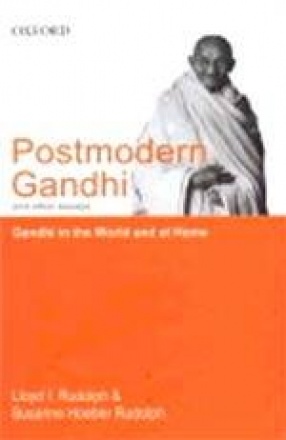
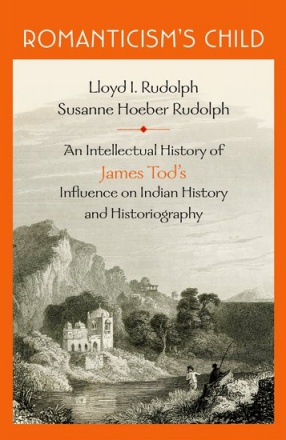
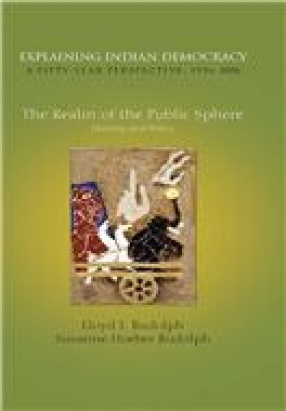
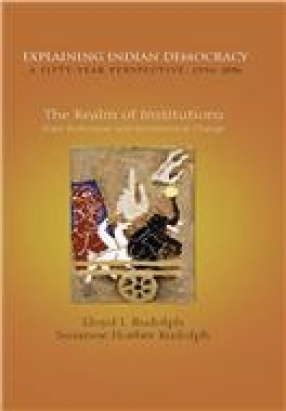

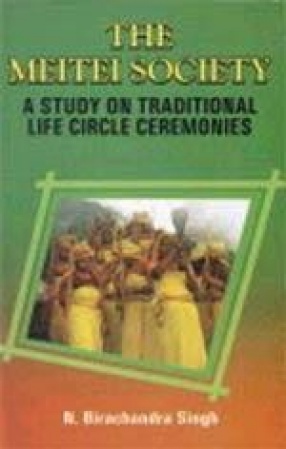
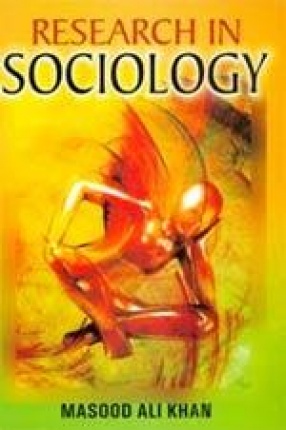
There are no reviews yet.